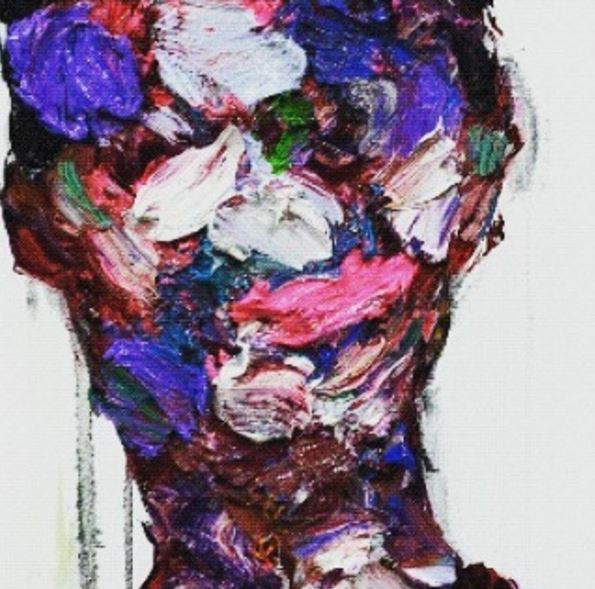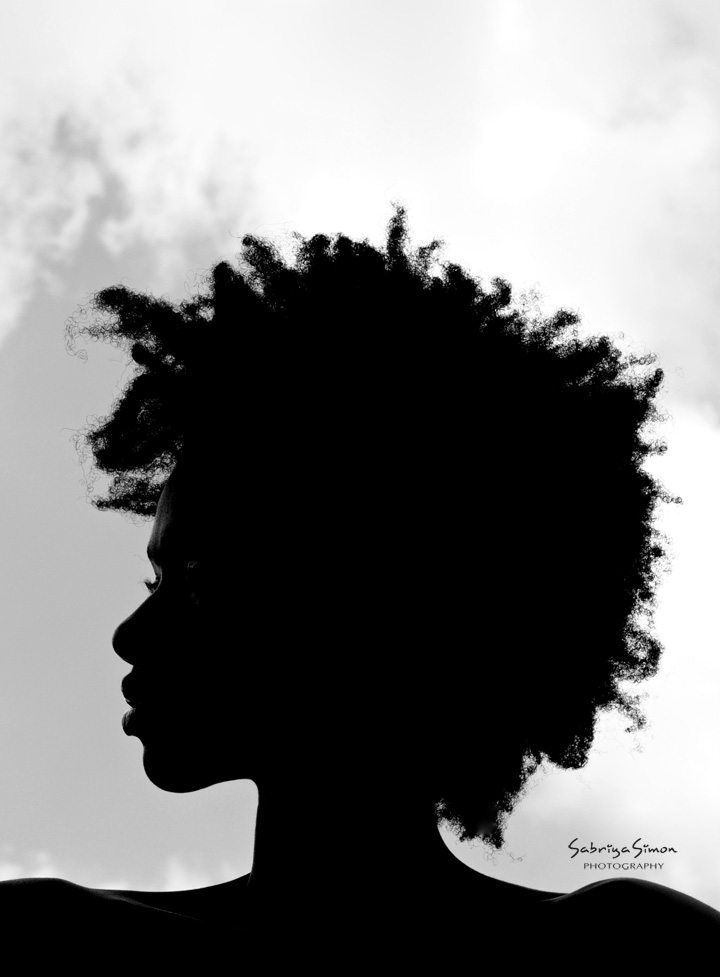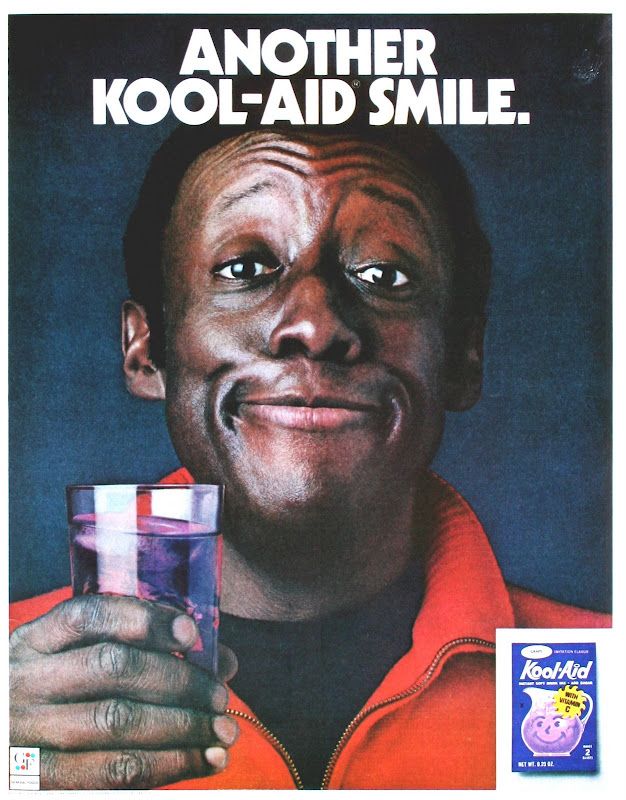
I want us to explore the concept of “Black” identity in a framework of social constructs that relates to the world around us and the impact it has on our self-esteem.
We are born into a structural society, we recognise that we need to find ourselves in a world filled with endless classifications and when we identify ourselves similar to classifications, it is called identification in identity theory. By going through the identification process, an identity is born. For example, we can label our self a country, gender, religion, political stance, etc.
Our identity comes from relating to the world around us. However, our world is a stage filled with oppression and miseducation of our full history. Our concept of self comes from the social groups we identify ourselves strongly with which is called the in-group and we tend to be biased to the positive characteristics of that group such as status or power and be negatively biased towards the out-group, seeing them with undesirable characteristics we do not want to be associated with. Consequently, who we identify ourselves will feed our self-esteem.
In society, we are normalised to a way of living and way of being. This is the cognitive process called depersonalisation, where we see ourselves as an embodiment of meanings and norms (values) of social classifications, we see our reality as the “in-group” sees it. It is the membership of the in-group that sets norms for our behaviour, appearance, rituals, and labelling.
It is the depersonalisation that allows us to comply to the social constructs’ ideas, customs and behaviours, social stereotyping, ethnocentrism, unity, coöperation, altruism, and emotional oneness. And in turn, when a person depersonalises themselves in a culture, we seek validation of belonging by acting according to the culture we belong to.

We do this to fit in the social setting we are in. Our identity in a social construct benefits us greatly as it elevates our self-esteem which motivates us to learn more about ourselves, reduce uncertainty in a life of chaos, and to experience validation of being authentic to self, mastery of self and acting according to the social norms in that social classification. For example, I may say I call myself team natural as it is seen to be more authentically Black with a woke-consciousness. And I might see those with processed hair as confused, sold out and ignorant of who they truly are as an African. Can you see how being team natural feeds my sense of worth and motivates me to have a stable sense of self?
Depersonalisation is usually activated in cultural contexts. Cultural Identity is an individual feeling that they belong to a group with its own distinct culture that unites individuals as “at oneness”. It is part of an individual’s self-conception and self-perception which includes nationality, ethnicity, religion, social class and social groups.
Let us look at “Black Culture” in the western modern world. Black culture is a formation of ideas, customs, and social behaviour of African descent people that is a lifestyle made out of assumptions pertaining to being Black. It’s a fluid and multi-layered. Often hard to describe.
I would say “Black” is marketed by corporations as a lifestyle that is made up of the White’s assumptions about Black identity and usually it is based on their prejudice stemming from slavery. Black culture is exploited to make money from the Black communities and our creative energies. It is the Black community that buys into this so-called identity as actual cultural experiences which devalues us and reduces us to just great at sports, fatherless, promiscuous, and chicken eaters.
Our cultural identity used to come from the Black community such as the Harlem Renaissance, New Orleans Jazz, from churches, Caribbean and African influences, Black panther party, Pan-African movements, and so much more. That brought a sense of “oneness” but not nowadays though because white and Black media has demonised the African man and woman so much we no longer want to be identified as the same as the negative characteristics! Hence we have fragmentation called “Black” sub-cultures where we are fusing and sometimes (mis)appropriating other culture.

I see the African youth sipping the European’s cool-aid, being told their cultural identity through catchy songs, shows, celebrities, fashion gurus and mainstream media. This is important to ponder on because it is relevant, it is affecting the future generations born into a society that has social categories/classifications that will try and put on them which may be hurtful to their identity formation.
There is a saying in my house: ”If you don’t teach yourself who you are then the world will tell you who you are.” Could be it even conceivable that the “Black” culture that is appropriated for commerce we are consuming and upholding are actually choke holding us to keep us in an identity crisis and dysfunctionality?
Latest posts by Dionne Williams (see all)
- Poetry: ‘And I Think To Myself’ — February 1, 2017
- Decolonize The Mind: Is Black Culture Selling Us Out? — January 18, 2017
